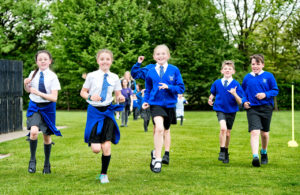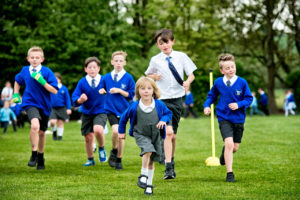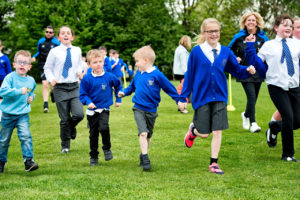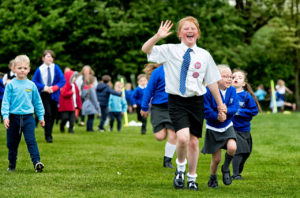It’s a mistake to discourage young people from doing sport, especially when it could help them flourish
Source: The Telegraph
Author: Dina Asher-Smith
Date: 19-July-2019
Like many, I was disappointed to read the headlines about schools cutting PE lessons because of exam pressures last year. At 16 years old, students are down to just 34 minutes of physical activity at school per week – a fraction of the chief medical officer guidelines at 60 minutes a day.
So, I am thrilled to hear that the Government is investing in PE, launching the School Sport and Activity Action Plan this week.
Having seen the young people in my training group go through the stress of exams this summer, it has brought home to me how important sport is as an antidote to school pressures. According to Youth Sport Trust research, 92 per cent of 15-16-year-olds suffer with exam stress. In my group, they were turning up to training feeling worried, but by the end of the session they felt better and bubblier, ready to go back and face their revision notes if they want to do more that day.
At the exact moment we need sport the most, our young people are dropping it – or in some cases having it taken away. It is so common that we do not even question it. I have lost count of the number of times young people have said to me that they put sport – recreational or competitive – on the back burner when education pressures rise. They expect me to understand, to nod, because it is so ingrained. Sometimes it is their own choice, sometimes it is the choice of their parents – sometimes it is even encouraged by their teachers. The rationale being that prioritising time for study is important. And while I would never encourage a young person to lose focus on their schoolwork, I do not think sport should be viewed as a barrier to academic attainment.
When we know that sport and exercise reduces stress and anxiety and improves self-esteem this makes no sense. I watched the “Ted Talk” of Professor John Ratey who explains how physical activity boosts your brain power, supports creativity and reduces stress and anxiety. Rather than distract from academic study, physical activity actually helps to generate new brain cells, which is why in some countries schools are embracing exercise and introducing it to the start of the school day. The Daily Mile is a good example of this, with early results from case studies showing an improvement in academic performance in some schools.
…
This article has been reproduced with the kind permission of the content creator, The Telegraph. To read the article in full, please click the link below.









